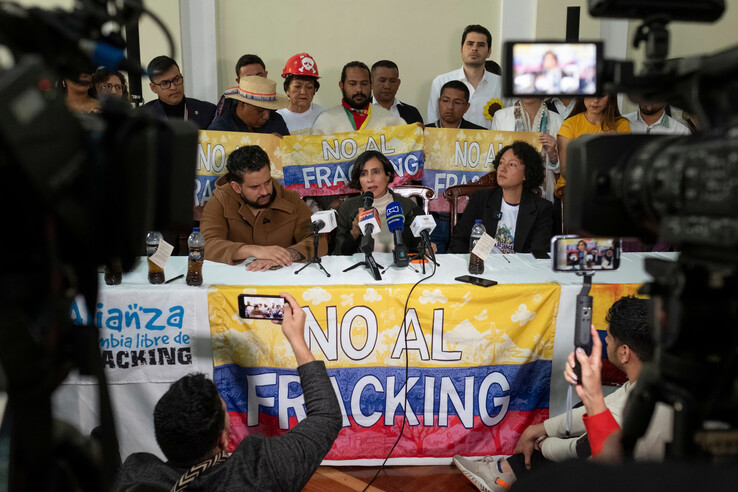Colombia has announced a $40 billion investment plan aimed at transitioning away from fossil fuel dependence, following a two-year halt on the development of new oil and gas reserves.
With oil and coal constituting over 50% of the country’s exports, officials are looking to diversify the economy as these resources are expected to deplete in the coming years.
Environment Minister Susana Muhamad, who also presides over COP16 (the United Nations Conference on Biological Diversity), has been a prominent advocate for Colombia’s shift towards sustainability. The country is seeking financial support from industrialized nations and multilateral development banks to offset potential economic losses.
“The portfolio of investments is around developing sectors that we think could start replacing oil revenues,” Muhamad stated, emphasizing the urgency of addressing climate change while fostering economic resilience. Colombia aims to implement nature-based climate solutions, advance clean energy initiatives, electrify transportation, and promote sustainable tourism.
Colombia has set ambitious goals to reduce greenhouse gas emissions by 51% by 2030 and to achieve carbon neutrality by 2050. The nation plans to bolster its renewable energy capacity to 19 GW, with offshore wind power being a key component of this strategy.
At COP16, Colombia highlighted biodiversity projects as part of its broader climate strategy, reinforcing its commitment to global environmental initiatives. Additionally, Colombia is one of the 13 countries that have endorsed the Fossil Fuel Non-Proliferation Treaty, which seeks to complement the goals outlined in the Paris Agreement, further demonstrating its leadership in climate action.









